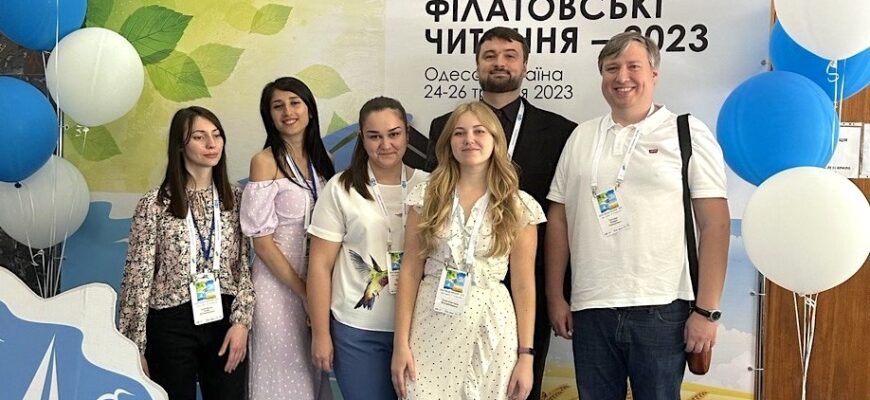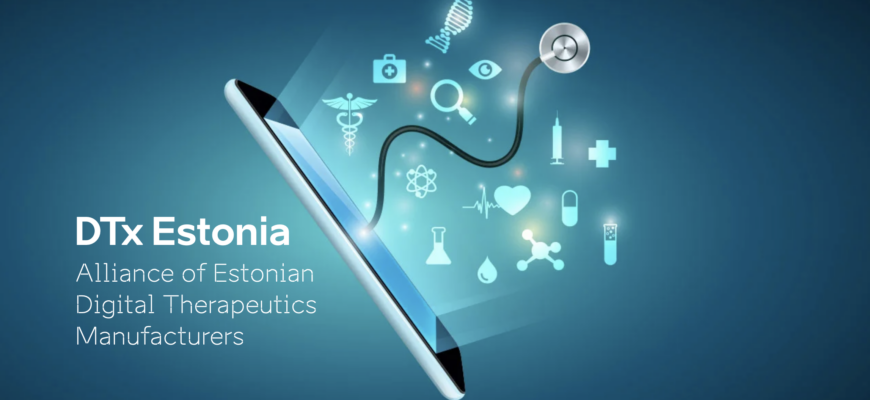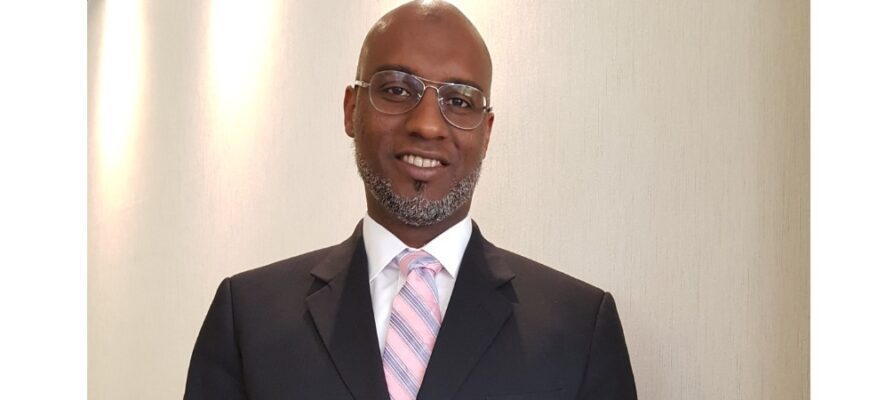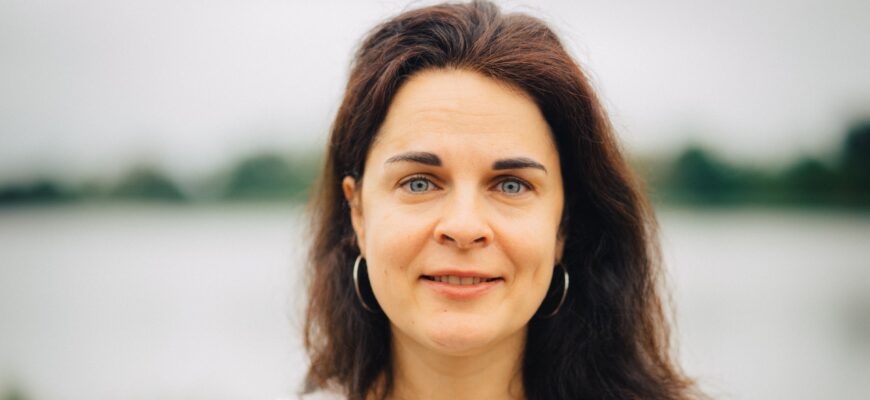- 16/06/2023
- by Health Founders
We sat down with the CheckEye team, third company we’re proud to introduce you from Health Founders batch IV – Accelerator Program 2023. Dive into the interview below as you hear them share their thoughts, views and background on their remarkable work, where they help people with diabetes suffering from retinopathy stop losing their sight.
CheckEye has developed a cloud-based solution to detect diabetic retinopathy using photographic images of eye fundus through the ML\AI algorithm. Photographs can be taken anywhere – from optic retailers to pharmacies – by non-medical staff to be further uploaded to the system for diagnosis. CheckEye will make early detection of diabetic retinopathy and retinopathy prevention easily accessible for all.
Meet the CheckEye team: Kirill Goncharuk – CEO & CTO, Michael Shuranov – Communications Advisor, Daria Partas – Head of Global Communications!
What is the problem you are solving?
Kirill: One of the targets of the UN’s Sustainable Development Goal 3 is to reduce, by 2030, by one third premature mortality from non-communicable diseases (NCDs), including diabetes, through prevention and treatment and promote mental health and well-being.
Diabetes is known to be one of the leading causes of premature deaths globally. Between 2000 and 2019, there was a 3% increase in diabetes mortality rates by age. According to WHO’s “Global report on diabetes”, many of these deaths (43%) occur prematurely, before the age of 70 years, and are largely preventable through adoption of policies to create supportive environments for healthy lifestyles and better detection and treatment of the disease.
Good management includes, among others, a regular screening for early detection and treatment of complications such as vision impairment due to the development of diabetic retinopathy.
Aligned with the UN’s SDG 3, CheckEye is on the mission to create an innovative AI/ML driven patient-centric solution allowing easy and affordable access to screening for eye conditions and other diseases detectable with retinal imaging. Our MVP focuses on AI-powered screening of eye retina for the detection of diabetic retinopathy.
The Ipsos Global Health Service Monitor 2021 found that a majority worldwide (56%) say that their country’s healthcare system is overstretched while access to treatment/waiting times is seen to be the main challenge for healthcare services (41%), followed by lack of staff (39%).
CheckEye’s solution offers an effective way of addressing some of the challenges of the healthcare systems worldwide by alleviating pressure from eye health specialists and dramatically reducing waiting times for screening for the most prevalent eye conditions.
Michael: Access to medical screening and preventive medicine should be available to everyone regardless of their social, geographical, or political circumstances. Unfortunately, discrimination in healthcare based on these factors is still prevalent. However, there are efforts being made to address this issue. In Ukraine, for example, we at CheckEye together with our partners are driving free screening for individuals who have been temporarily displaced due to Russian aggression.
Daria: We are working towards creating a patient-centric environment when it comes to a patient journey within a public healthcare system. Patients get easy and convenient access to affordable disease diagnosis, they are routed to a local GP or specialist doctor for consultation and treatment. Treatment progress and treatment plan are accessible via an app on a patient’s smartphone.
What inspired you to start this company and how did you get started?
Kirill: A combination of personal and professional factors as well as pure chance led me to conceive CheckEye, a proudly Ukrainian cloud-based solution enabling AI-powered mass eye screening for early detection of some of the world’s most prevalent non-communicable diseases and associated conditions. In the past decade my own brother died prematurely of a heart attack while my nephew died of cancer at the age of 7. Worldwide, diseases are increasingly affecting younger people. High blood pressure, type II diabetes, cancer, strokes are on the surge amongst youth. However, early detection and treatment can significantly reduce rates of premature mortality and prolong healthy lives.
This can be achieved with the use of modern technology and continuous innovation for its improvement and experimenting with business models in tech. Public private partnerships are essential.
As a senior leader in tech/IT in Ukraine and a recent graduate of an MBA programme I was very open towards leveraging decades of experience in business, business administration knowledge and skills and a vast international network of connections across public and private organisations.
When my colleague Michael Shuranov told me about a friend of his who was working on developing an AI-powered solution to detect diabetic retinopathy at an early stage, I could immediately see how this technology would become instrumental in addressing some of the world’s most pressing problems in public health. We made acquaintance, I invited Andriy Korol, senior researcher at the Filatov Institute of Eye Diseases and Tissue Therapy in Odessa and now CheckEye’s Medical Advisor. Later, more people joined the team and now we have over 25 people working for us.
Michael: Our first step towards achieving our goals is to make mass eye-fundus screening equally accessible to everyone with the help of AI. We aim to leverage AI technology to shift the medical approach from reactive to predictive on a global scale.
Daria: I joined the company upon the introduction of Michael Shuranov. Having lived in the UK for the past almost 10 years, the idea of an accessible AI-powered diagnosis of common conditions via an eye fundus image sounds like a wonderful solution to the overstretched and overwhelmed public healthcare systems of the rich countries. The technology is being developed by a handful of companies, so it’s not unique (albeit still very new) but my experience of working with all sorts of startups has proven that the key is not so much in being unique but in the ability of the founders to commercialise it, build strong partnerships
and understand how to find paying customers. In that sense, Kirill Goncharuk, Checkeye CEO, has struck me as a leader with the skillset to nail all of those things.
Why is now the right time to solve this problem?
Kirill: The latest Ipsos Global Health Service Monitor identified the world’s biggest public healthcare concerns spanning both rich and poor countries. Three in five (61%) globally agree their system is overstretched. Access to treatment/waiting times emerge as the main perceived problems their country’s healthcare system faces – selected by a global country average of four in ten. Not enough staff is joint first for the first time in the past 5 years. Cost of accessing treatment is the third most selected issue globally (31%).
The collapse in the quality of healthcare is contributing to an astonishing rise in “excess deaths”—those above what would be expected in a normal year. In many rich-world countries 2022 proved deadlier even than 2021, a year of several big waves of covid. Monthly deaths across Europe are currently about 10% higher than expected.
Additionally, as the world has emerged from Covid, it is now increasingly obvious that the pandemic also bottled up conditions, which are only now being diagnosed. In 2020-21 many people delayed seeking treatment for fear of catching covid, or because their local hospital was shut to non-covid conditions. As an example, in Italy cancer diagnoses fell by about 40% in 2020 compared with 2018-19. A study of American patients noted a particular reduction in diagnoses was recorded, over a similar period, in cancers normally found during a screening or routine examination.
At the same time, the number of people living with non-communicable diseases is on the rise globally.
In this context, CheckEye’s solution appears as one that tackles a range of issues – from lack of qualified medical staff to making early diagnosis accessible for all to dramatically reducing waiting times for diagnosis.
Michael: Currently, AI has the capability to assist doctors who are overwhelmed with their workload globally. This is a revolutionary moment in healthcare, similar to how the internet dissolved barriers to communication, we want AI to remove obstacles that prevent people from accessing medical screening.
Daria: Post-COVID, the public healthcare systems globally are bursting at the seams, so any solution which makes the lives of patients and healthcare professionals easier should be considered and implemented asap. Healthcare and medtech innovations are abundant but not all have a commercial business case or can be easily integrated, especially when it comes to legacy systems. CheckEye’s solution brings both of those elements to the table. The business case is ripe and the implementation is relatively simple.
How are you different from your competitors?
Kirill: While our technology is not unique, our business model suggests building a patient-centric ecosystem of public and private institutions. Among the services which we are envisaging as being provided within this ecosystem are those benefiting both end-customers and the participating organisations.
- B2C – one-time fee for screening or app subscription
- B2B – fee for pre qualified leads from hospitals
- B2B – fee from pharma companies for data and remedies advertisement
- B2G – governments willing to reduce budget spend on NCDs treatment as a % of savings or fee for screening for 60+ peopleWe are partnering with clinics and hospitals to route pre qualified leads for treatment while providing access to treatment plan within an app for patients and their carers.
Michael: Our vision is to use AI as a tool to foster the adoption of accessible preventive medicine for all. We aim to focus on the diagnosis of the most prevalent diseases and have formed a strong partnership with the largest eye disease institute in Eastern Europe.
Daria: There are several factors which, in my view, set us apart from competitors. We have a very strong academic partner; our team is based across a number of countries with differing healthcare systems which gives us diverse exposure; we have been able to test and try our solution in the field at the very early stage having organised screening for the internally displaced people in Ukraine.
What are some of the most exciting developments or milestones you’ve achieved so far?
Kirill: Since the launch of CheckEye some of the key milestones included:
– Making a firm decision to keep working as a team despite the full-scale Russian invasion in Ukraine
– The first correct diagnosis by our proprietary neural network.
– Receiving the first screen-positive result for a patient who had no idea about theircondition.
– Successful screening of the first 100 patients.
Michael: Through our screening efforts in Ukraine, 30% of individuals who have gone through our screening programme were previously unaware of their condition. Check Eye enabled them to receive medical treatment earlier, which increased their chances of preserving their eyesight.
Daria: From my perspective, for an early stage startup we have had strong success in the media, having been featured both in the Ukrainian and the UK trade media which proves that our pitch is timely.
What is the recipe for a successful team?
Kirill: The main recipe is to bring in people who are driven by the business idea of the startup. Early-stage startups face all sorts of headwinds and having people who can see through challenges and rise up to them is essential. I think the founders have to be very hands on and come across as highly driven and invested in the project. Great teams will form inspired by shared vision and values and it is the founders’ job to provide those two ingredients.
Michael: One vision, diverse people.
Daria: For me, a successful team is one where everyone’s view counts, there is mutual respect and a buy-in from all who are involved.
What impact do you hope to have on the healthcare industry in 5 years?
Kirill: Our goal is to make mass eye screening a reality globally. In 5 years time we want at least 50% of the world’s population to have easy access to our technology.
In 5 years time we want to allow easy and affordable access to retinal screening for at least 8 serious diseases. This will allow at least 1 billion people to detect a serious condition at its early stage and prevent further progression with access to treatment. This means more happy and healthy years spent together with families.
In 5 years time highly-skilled medical doctors are not occupied with primary diagnostics but focus on treatment of those who need it.
We are innovating to make eye screening possible and accessible via a smartphone.
Michael: For the next 5 years, our goal is to improve the health of at least 5 million individuals through proactive medical screening based on AI technology.
To find out more about CheckEye visit: www.check-eye.com




